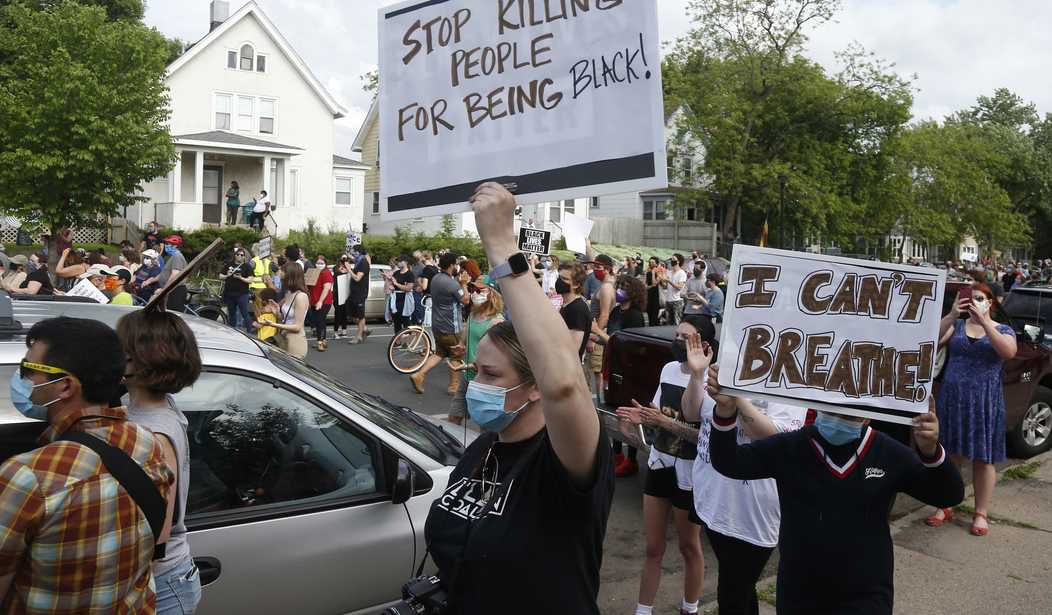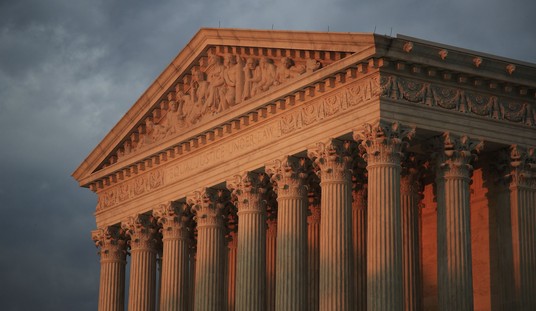On Saturday, May 23, 2020, Shiela Lucas, a 71-year-old great grandmother and Washingtonian, was shot in the head in front of the local grocery store trying to break up a fight to save her granddaughter and is now dead. Lucas and her murderer were black.
Conversely and just days later on Monday, George Floyd, a 46 year-old black man, was detained by a sadistic white Minneapolis police officer who held his knee pressed against Floyd’s neck for several minutes over a non-violent allegation; Floyd died shortly thereafter. Floyd pleaded for his life during the arrest; he said repeatedly, “I can’t breathe,” “you’re killing me.” While the police officers involved have been terminated, none were arrested at the time of publication. The community is rioting in Minneapolis and in Los Angeles over Floyd’s death; they are filling the streets and ransacking police cars – and it seemingly is not over.
What’s the difference between these two homicides? The nation knows about one murder and isn’t informed about the other.
Police brutality has rightly been a concern within the black community. Police owe a duty to everyone they encounter and are held to a higher standard of care. Notwithstanding their oath to protect and to serve, police brutality cases that held the attention of many have become a rallying cry within the black community. The murder of Oscar Grant in Oakland, Eric Garner in New York, Philando Castile in Minnesota, Tamir Rice in Cleveland, Ezell Ford in Los Angeles and the assault of Rodney King in Los Angeles by the LAPD are top of mind. These cases prompted a well-deserved outcry from the families of these victims and from their respective communities if not the nation.
These kinds of murders hit a nerve that runs deep within the black community and almost always elicit a national outcry. It’s an emotional chord that pushes back against the memory and the pain of racism, betrayal of authority, and the historical bias of the criminal justice system, in my opinion. In response to these tragedies, I often hear, “We’ve had enough.” But that cry begs a question: Had enough of what?
Recommended
The cry invariably is exclusively in response to the murder of an unarmed black man by police.
Blacks are 2.5 times more likely to be murdered by police than whites. There is disproportionality in this occurrence with conflicting arguments as to why. But Lucas was not murdered by police. Rather, she was murdered by someone from within her own community, it was reported by the family which is consistent with the damning statistics; 88 percent of black homicides are at the hands of other blacks while blacks represented 4 percent of fatal police shootings as reported by the Washington Post recently. Far more blacks, like Lucas, are murdered by blacks than by police. I too was shot by an 18-year-old black teenager and nearly lost my life in his attempt to rob me at gun point. I lost my leg but not my life.
The question is posed again: What has the black community had enough of?
The disparities in the reaction between these two tragic killings is a phenomenon left to the speculation of curious minds. Notwithstanding the expectation of protection from police officers (which I am not sure all blacks share), what is curious is the glaring reality that the race of the murderers in either case seems to be a determining factor within the black community as to whether a broad response is merited. However, the folklore of “Snitches Get Stiches” within the black community is not fiction. The killings that largely occur in America’s inner cities every day will never get the attention they deserve because justice is fleeting within a community where one would rather give up their first born than to be seen cooperating with law enforcement against a black neighbor. And therefore, justice is delayed or non-existent for the community itself. As long as the murderer is white (or in a blue police uniform), the black community will rise every time to oppose police brutality in search of justice. Justice for everyone else be damned and that includes Lucas, may she rest in peace.
A note to the black community: I favor justice for George Floyd but justice for Shiela Lucas must not be excluded. It’s ‘both/and’ and race must not matter. We must stand for all lives no matter the race of the murderer and seek justice for everyone.

























Join the conversation as a VIP Member